Juan Pacheco was living the immigrant dream, then mezcal called
A 16 year old from La Noria, a small village in Oaxaca, Mexico, decided he wanted to make his way in the world. There weren’t many opportunities in La Noria, and that teenager, Juan Pacheco, had big dreams. He didn’t want to “just be an employee.” He wanted to be his own boss, make real money, be an artist. So he left home and made his way north, bypassing the cities of Oaxaca and Mexico City, the usual stopping points for young people looking for new opportunities.
He continued north, eventually crossing the border at Tijuana to the United States. It was 1980, a time when the border was far more forgiving and fluid between the two countries. And it was a time long before the Oaxacan diaspora of the 1990’s so Pacheco arrived alone, with hardly any money in his pocket, but driven a dream.
For most of us, this story seems impossible. I was 16 at roughly the same time. My thoughts were focused on boys and keeping my grades up so that I could get into my dream school, the University of North Carolina, whose basketball coach and team I adored. I couldn’t wait to leave home and strike out on my own. But that was under the protective mantle of my middle class upbringing. Home would always just be a plane ride away with a ticket purchased by my parents. There would always be someplace to land. For Pacheco there was no home away from home, no financing, no one to call if he suddenly needed help.
After a few years in Los Angeles, he moved north to California’s Central Coast, first to Santa Barbara, then to Santa Maria. He was part of a musical group, Potro Salvaje, that found success playing throughout California. Eventually he fell in love and married. As fate would have it, his wife was from his home village of La Noria. They had four children, three boys and a girl. They had achieved the immigrant dream, a successful and comfortable life in their new home.
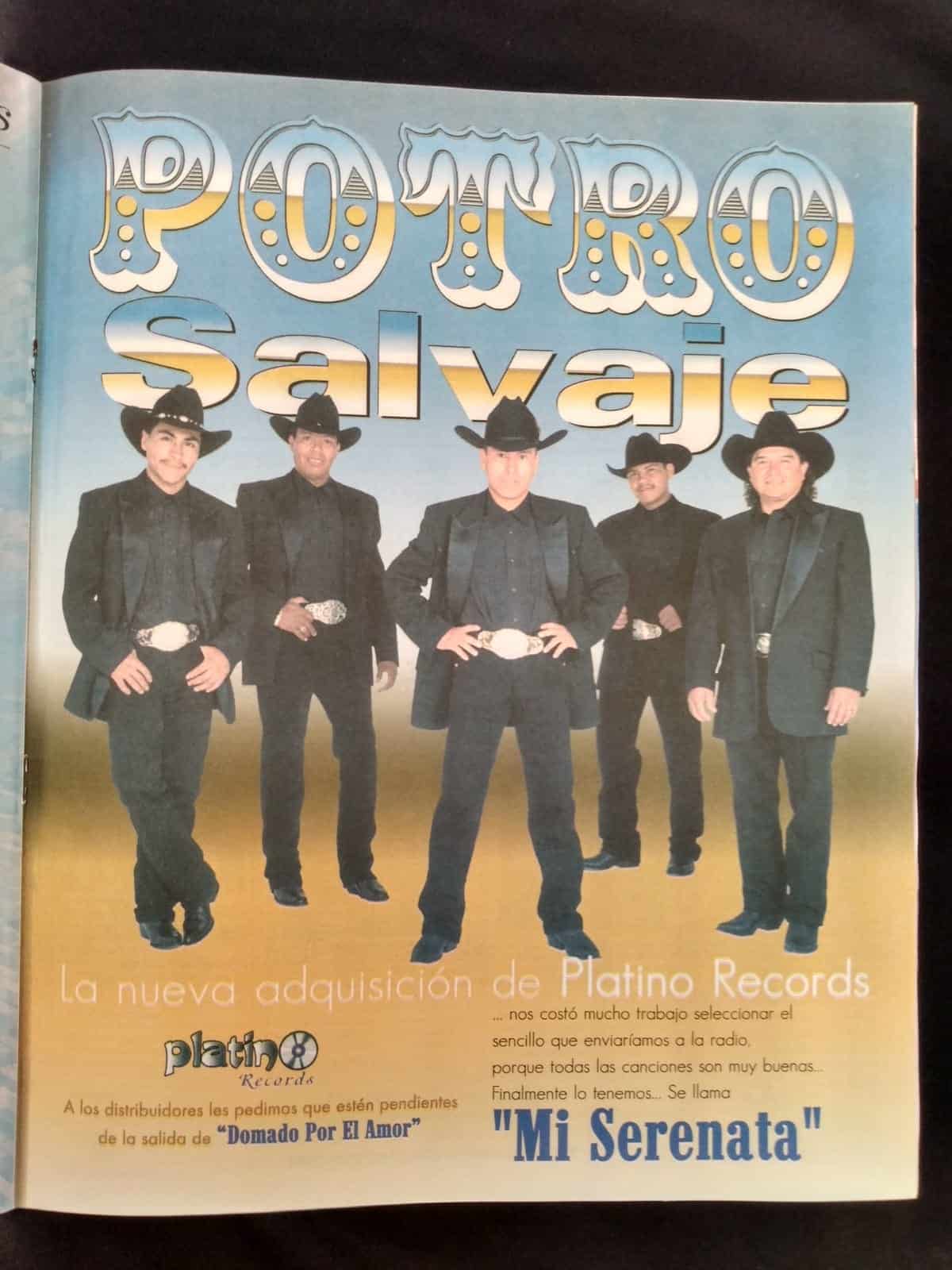
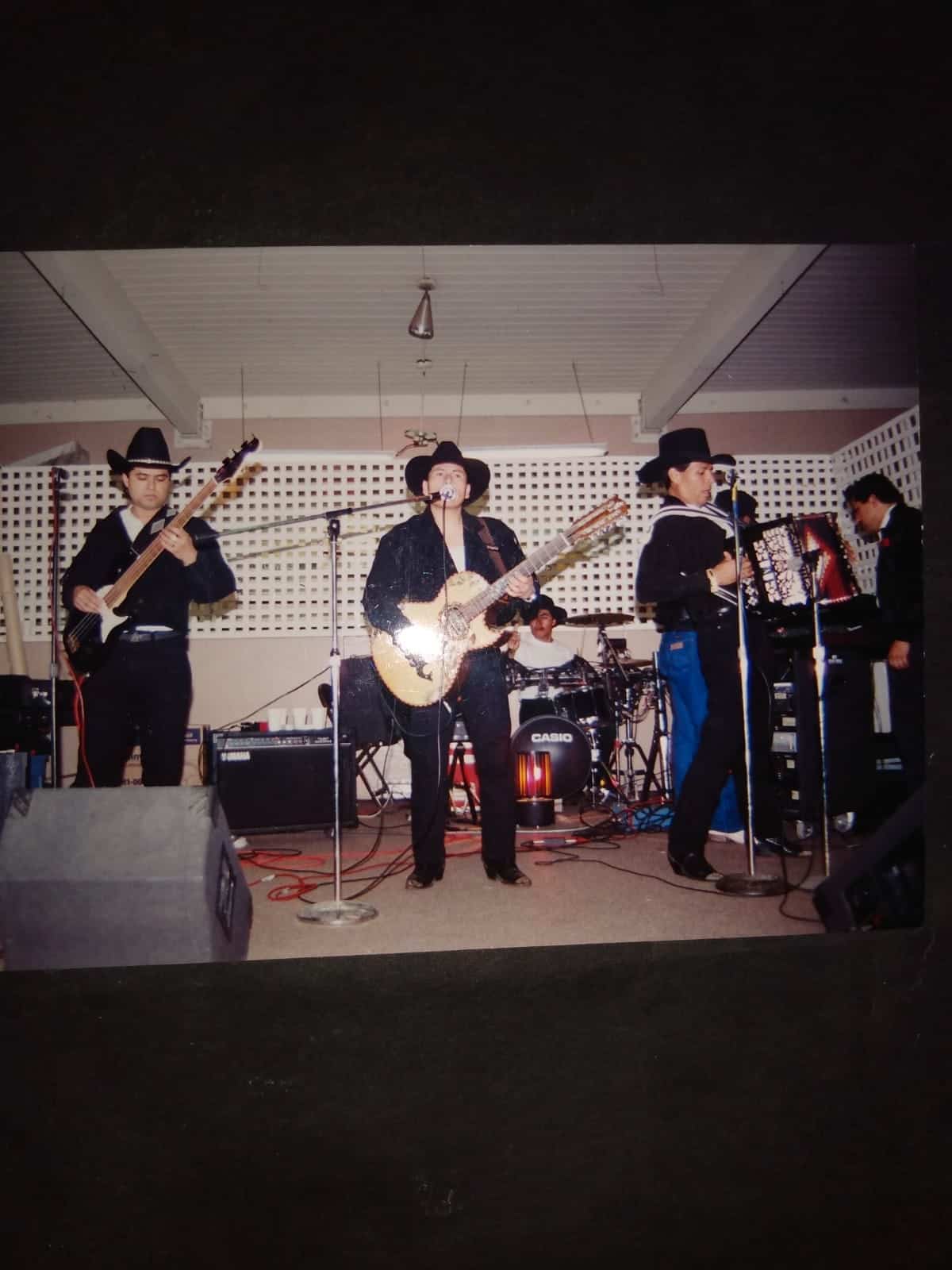
The call of mezcal
Growing up in La Noria meant growing up with mezcal. As a child Pacheco worked with his father, Basilio Pacheco Ramirez, learning the process of making mezcal. Back then in the 60’s the market for mezcal was very small. The mezcal Pacheco’s family made rarely left La Noria, it was something a family made that added to the family income. When Juan Pacheco left his home and family in 1980, he also left mezcal behind.
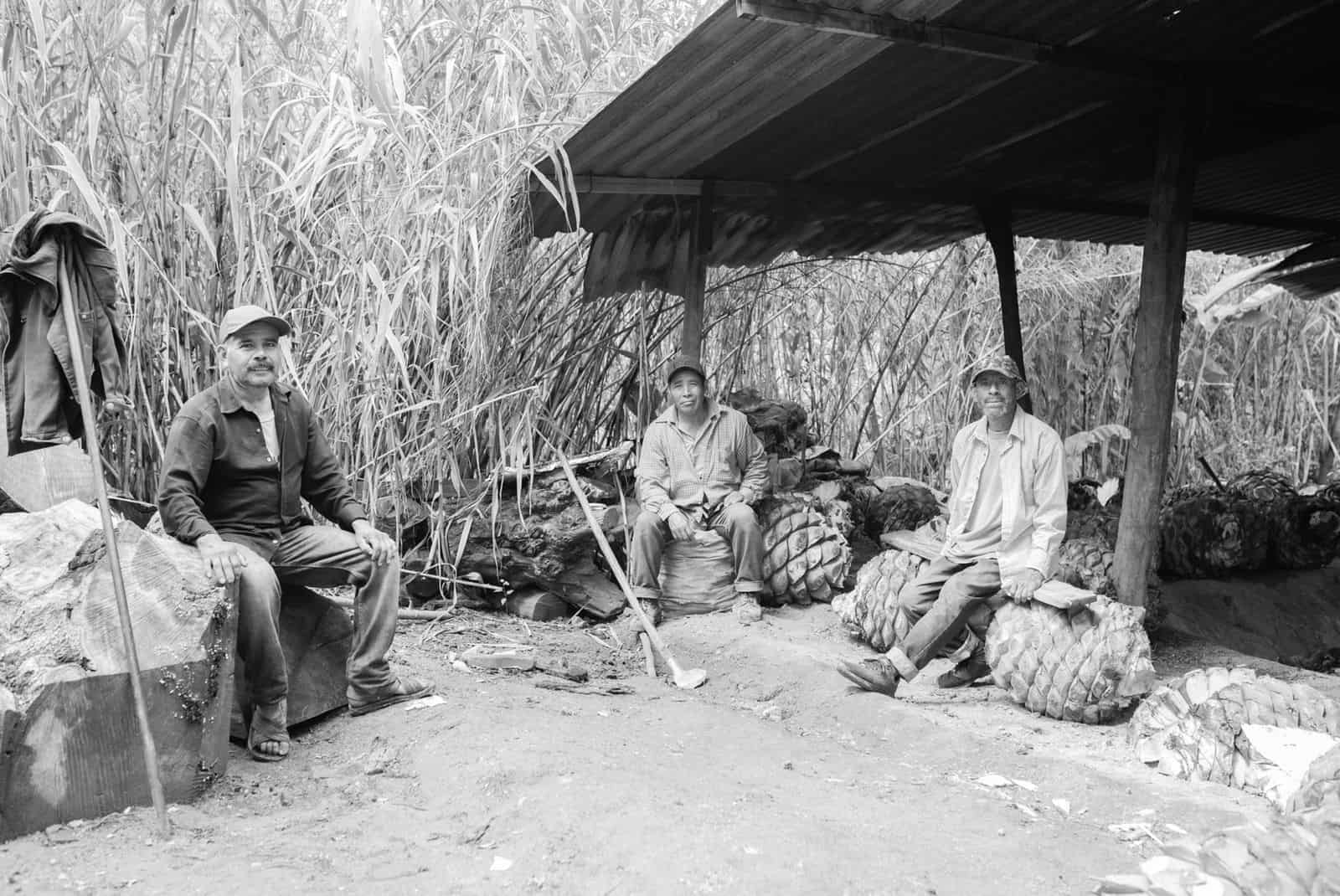
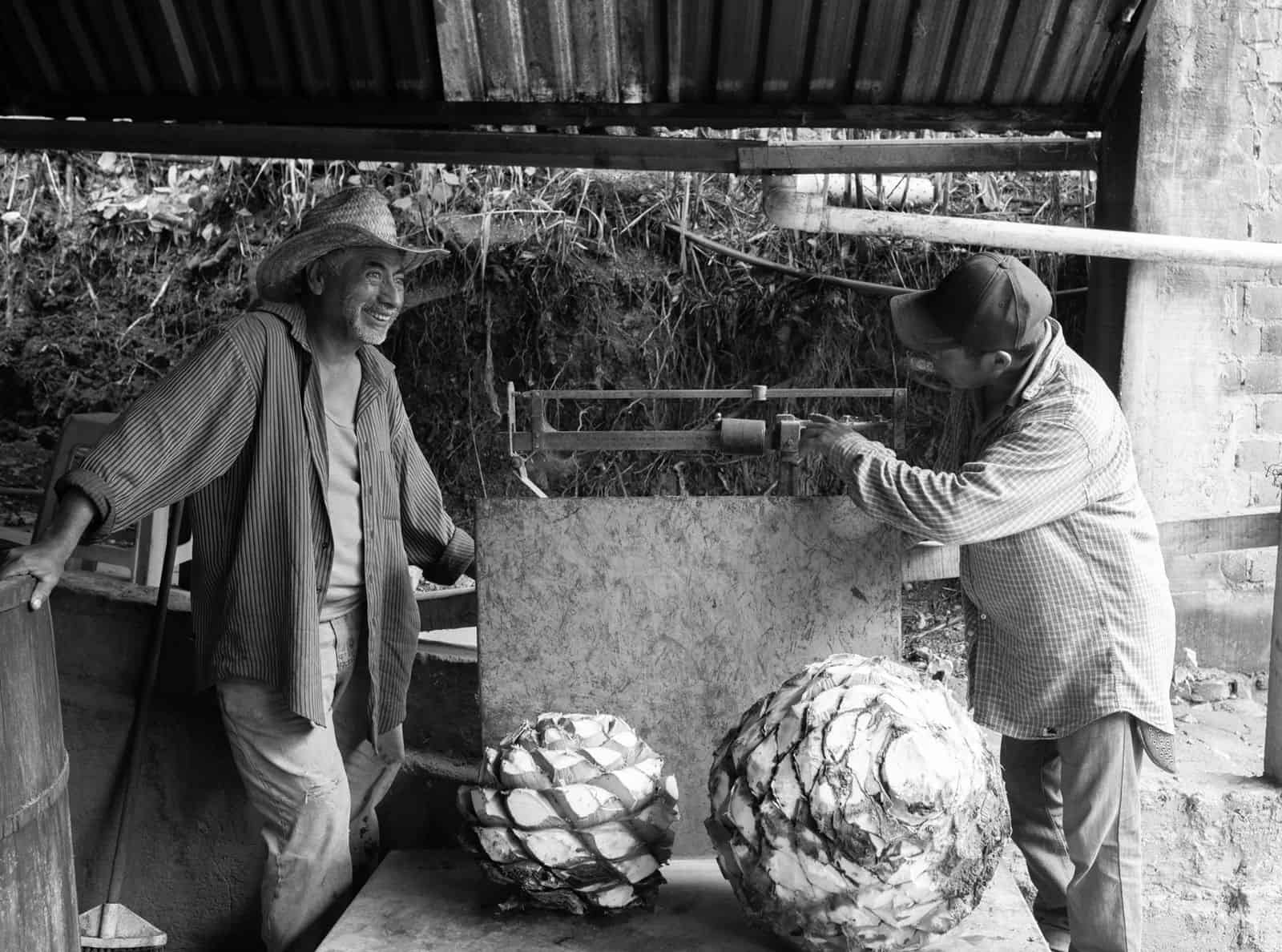
For 22 years, mezcal was something that was part of Juan Pacheco’s past. He certainly didn’t think much about it given how complete his life was in the United States. But, as he began spending more time back in Oaxaca for vacations, mezcal made its way back into his life. On one of his trips back, his father-in-law, Arnulfo Sierra, mentioned that he had 2,500 liters of mezcal that he had been sitting on for 15 years. Pacheco thought it would be a good idea to sell it in the US. He began researching how to do that when, one day, “I heard this ad come on during a show I listened to for tequila and the guy gave his name and his phone number. I decided to call him and see if he was interested in trying some mezcal,” Pacheco told me.
That guy was Alfonso López who worked for Tequila Corralejo and he was interested in meeting Pacheco. They met up in Santa Maria and he tried the mezcal and López loved it. He told Pacheco he would be in touch. Three months later, López called Pacheco to say he couldn’t do anything with the mezcal. Three months after that, López called Pacheco to say that he was interested in buying the mezcal. Unfortunately, Arnulfo Sierra had passed away and the mezcal had been sold. Pacheco figured that was the end of it but “López was really interested and wanted to go to Oaxaca with me and I was like, I don’t want to go, my life is here and I really don’t want to make mezcal.”
Eventually he relented and returned to help his ailing father make mezcal before eventually falling in love with the whole process. It was around 2010 when Pacheco decided to seriously focus on building a mezcal business. “We thought he was crazy at first,” said Pacheco’s son Eric Pacheco, who is now studying business at Chico State in Northern California with his brother Jesus. “We’d spent time in Oaxaca as kids and while we loved it, we saw how much work it was.” But as they got older, they came to understand how important it was to keep traditions alive and they appreciated the connection to Oaxaca. Plus, they saw how happy their dad was.
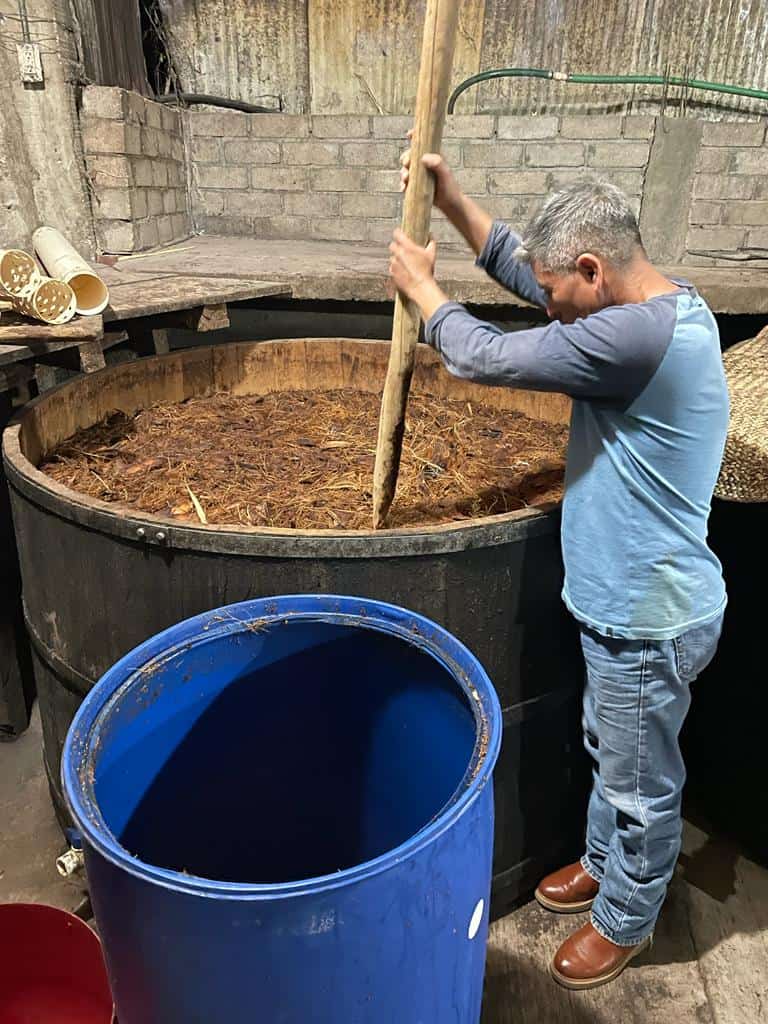
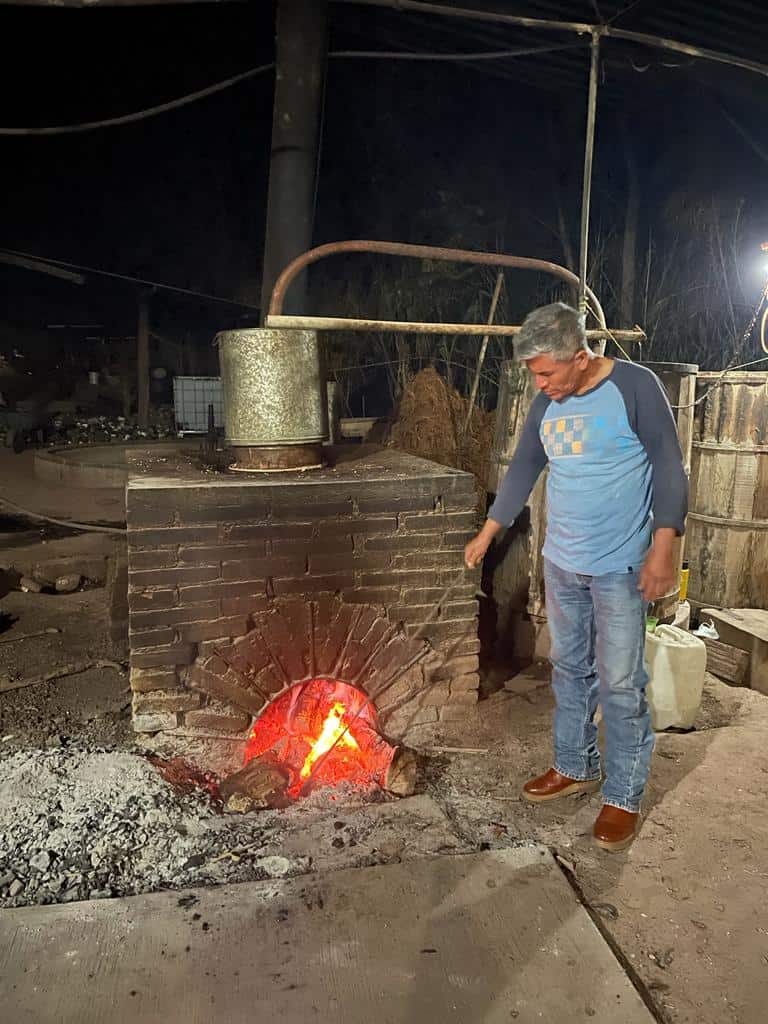
But how to make a business?
While making mezcal came easily to Pacheco, making it a business was something else entirely. “Mezcaleros in Matatlan had a lot more experience and knowledge when it came to making a business and contracts than those of us in La Noria which is on the other side of the valley,” Pacheco explained over the phone. “Most of the business we did was in our community, but as interest in mezcal grew, so did interest from people outside the community. I didn’t understand contracts, and the first contract I had ended up being very bad for me.”
This is not the first time I have heard this story, especially at the beginning of this current mezcal boom. Mezcaleros were initially so excited that there was interest in their product that they signed exclusive contracts. These seemed great until costs started rising or the other party didn’t pay their full share. “I don’t want anyone else to go through what I went through. There really needs to be a resource to turn to help settle these kinds of issues. There are programs for everything on how to certify, how to register a business, how to grow agave, and how to make mezcal but there are no programs on how to make business.”
Comercam has recently indicated it will have an arm dedicated to helping in matters just like this. The Honor and Justice Committee will be dedicated to helping create contracts, settling disputes and more. But, until that program is launched, Pacheco thinks that he can help mezcaleros understand contracts so they can better empower and protect themselves. “There’s no reason why we shouldn’t be helping one another.”
The Producer Mezcal
While Pacheco was rethinking his plans and future, he was approached by Carlos Sada about a new brand called The Producer. Sada has a long history with other mezcal brands like Marca Negra. This new project features one line of lower ABV expressions aimed at the cocktail market and another focused on limited production, higher ABV mezcals. Sada wanted Pacheco to produce those higher ABV mezcals but, as they discussed the project, it became clear to Pacheco that he could have a role beyond mezcalero. Today he is an equity partner in the brand.
The Producer Mezcal launched in September of 2021 with a 40% ABV ensemble of Espadin and Cuishe by Maestro Mezcalero Erasto Martinez Hernandez and a 40% ABV Tepeztate from Maestro Mezcalero Celestino Sernas Lopez. Pacheco’s contribution to the line, a 46% ABV Arroqueño, hits the market this spring (read the tasting notes.)
Pacheco is splitting his time between the U.S. and Oaxaca, helping to make and market the brand. He led a fun tasting in January structured around an online cooking class that I attended. Chef Ruffo Ibarra of Oryx Restaurante in Tijuana was scheduled to lead the experience but an emergency prevented him from joining us. Undeterred we took all the ingredients that The Producer had shipped us and guided one another through a fun, improvisational cooking class which also served as a great introduction to their mezcals.
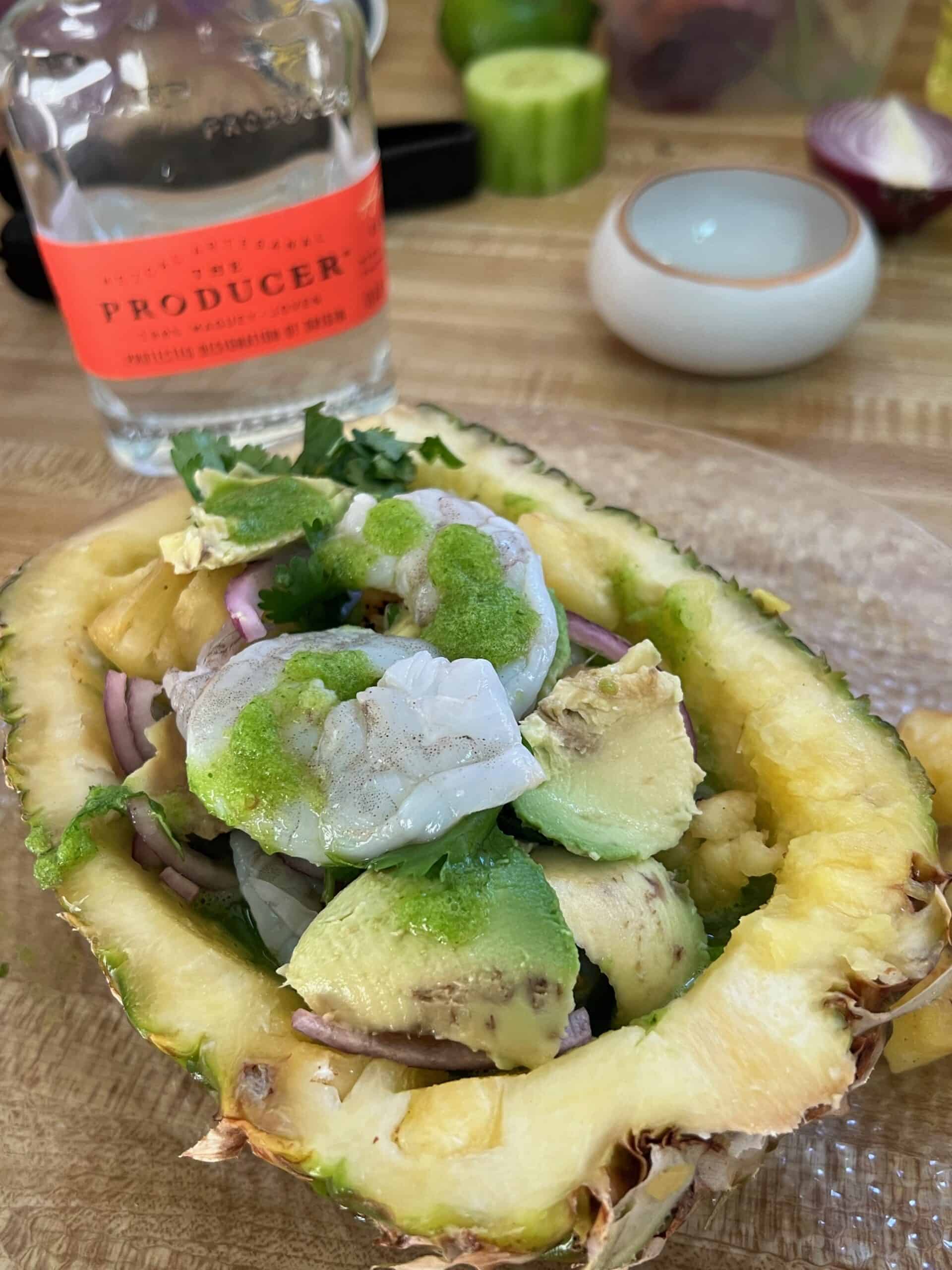

The next generation
There is an element of the prodigal son in Pacheco’s story: The young man who struck out on his own to create his own destiny, returns to the traditions of his past. He left to become an artist, and found creative success as both a musician and mezcalero. I think of my father, who did everything he could to get off the farm, only to return to farming after retirement. I’m clearly my father’s daughter, at home and filled with joy when roaming fields of agave and maiz. There are just some things you can never leave behind when it is in the blood.
Pacheco’s sons are thrilled to see their father’s success in growing the business. Their own life trajectories have been shaped by their father’s decisions. Each time they have returned to Oaxaca, they have seen how the operation has expanded. Their story could have been one of moving further from their Oaxacan roots as they lived out their parents’ immigrant dreams. But they have found a middle ground in this story. They are looking forward to finishing college and joining up with their father to help advise on business decisions and more. In the meantime, they have done their best to introduce mezcal to the next generation of mezcal drinkers.

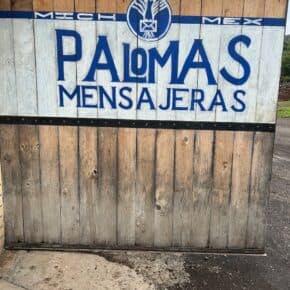
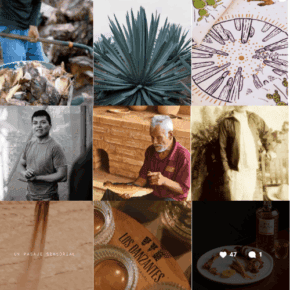
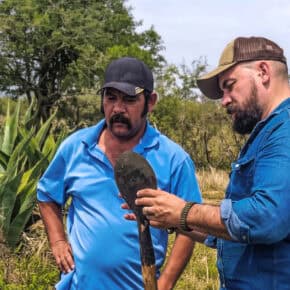
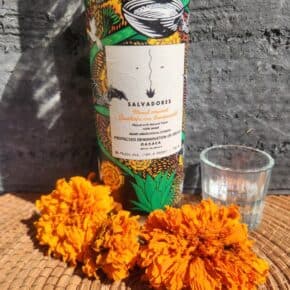







Great job you are doing, hope the best for you. As a Mexican American, I am proud of my ancestors and their creations, Mezcal being a good choice. I am very glad learning from your writings and enjoy the rare photos.
As an importer and distributor, of mezcals, I thank you for your work.